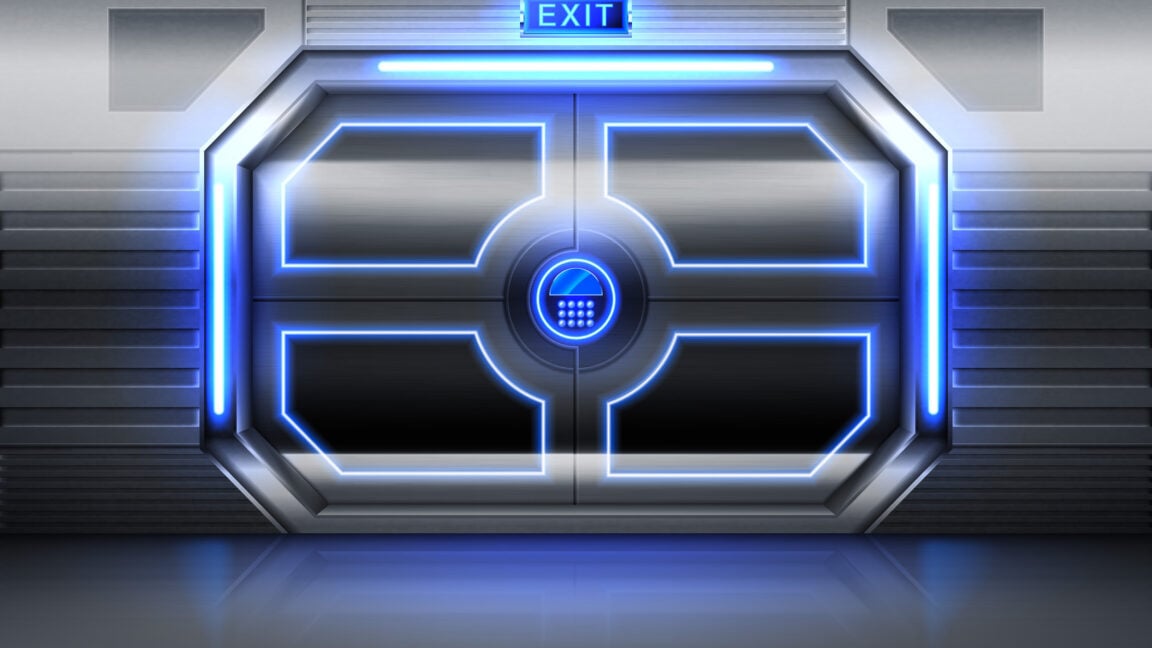The New Digg’s Plan to Use AI for Community Moderation
-
This post did not contain any content.
-
This post did not contain any content.
TIL that Digg was still around.
-
This post did not contain any content.
That AI would make no difference, as there's no content to moderate in the first place.
-
TIL that Digg was still around.
its had a big restart around when lemmy was gathering steam
-
This post did not contain any content.
Lolz, this is sure to endear users
-
This post did not contain any content.
Nice! AI to moderate bots, finally a site that doesn't require any human interaction at all.


-
its had a big restart around when lemmy was gathering steam
Nah, Kevin Rose reacquired Digg in March.
-
That AI would make no difference, as there's no content to moderate in the first place.
It hasn’t launched yet
-
This post did not contain any content.
Jesus Christ. when will these fucks learn they're overcomplicating moderation...
-
This post did not contain any content.
Capitalists are so fucking innovative that they're trying to replace unpaid human labor with robots that are worse and cost money.
-
TIL that Digg was still around.
The domain was owned by a company that was using it for Gawker-like blog spam for several years, but Rose just bought the domain back 2 months ago and they’re getting ready to relaunch.
-
Nah, Kevin Rose reacquired Digg in March.
that's like 5 years ago right?
/sarcasm, sorry I'm just being an ass
-
This post did not contain any content.
And next community over there's yepowertrippinbastards@lemmy.dbzer0.com, who continuously illustrate the capricious and hateful nature of many human moderators.
I say give AI a chance at it and see what happens. If it works, great. If it doesn't, people will just go elsewhere.
-
Capitalists are so fucking innovative that they're trying to replace unpaid human labor with robots that are worse and cost money.
I was a mod on reddit for a couple larger subs. I would like AI to get rid of the really awful shit people would send us over modmail.
-
And next community over there's yepowertrippinbastards@lemmy.dbzer0.com, who continuously illustrate the capricious and hateful nature of many human moderators.
I say give AI a chance at it and see what happens. If it works, great. If it doesn't, people will just go elsewhere.
I'm with you. I'm curious how it'll go.
-
I was a mod on reddit for a couple larger subs. I would like AI to get rid of the really awful shit people would send us over modmail.
reddit
reddit AI took over moderation at the beginning of the year, massive amount purges, and then they upped thier shadownban AI moderation recently.
-
Nice! AI to moderate bots, finally a site that doesn't require any human interaction at all.


trying to be reddit 2.0






